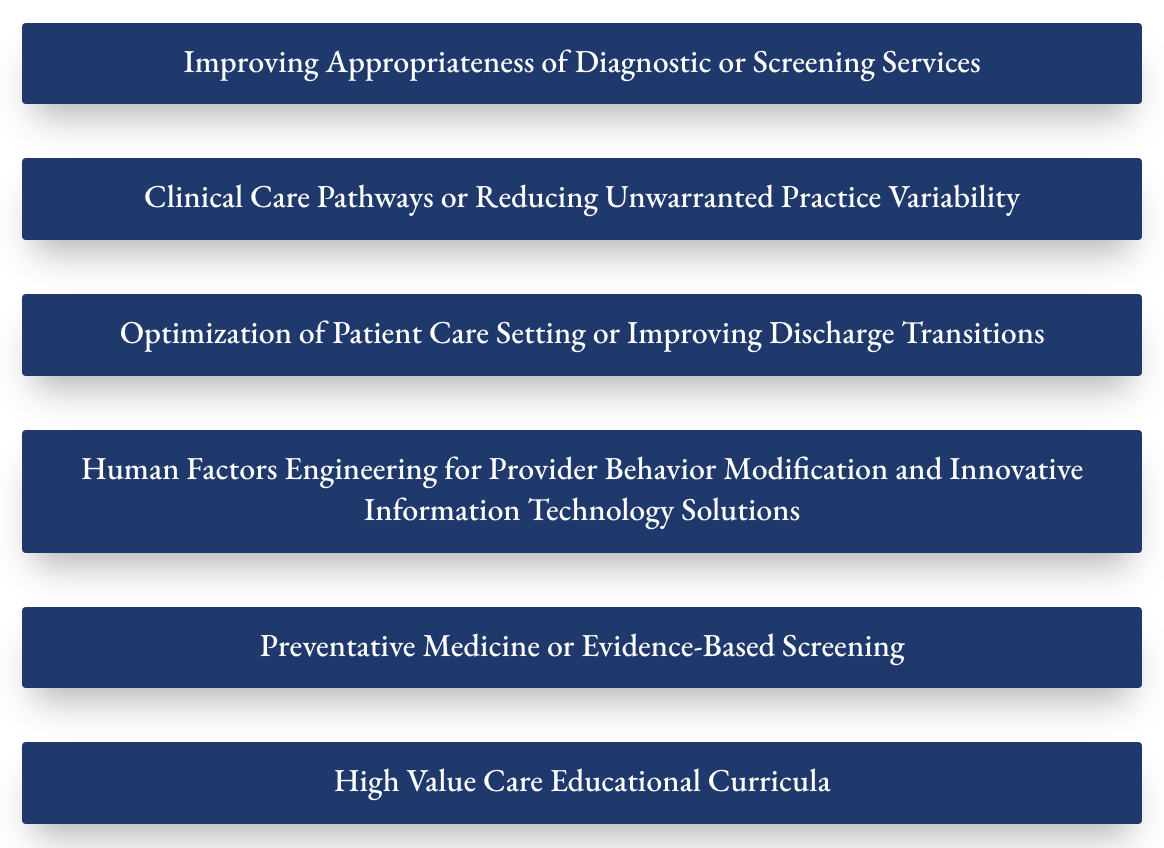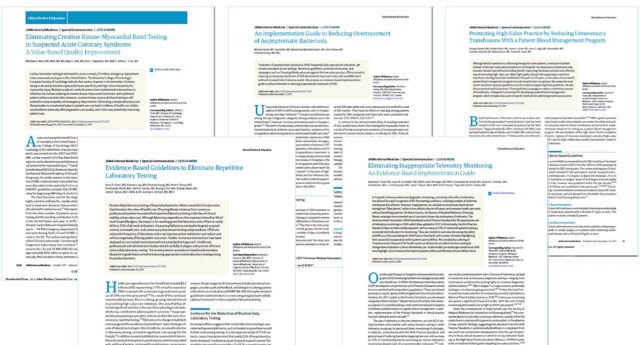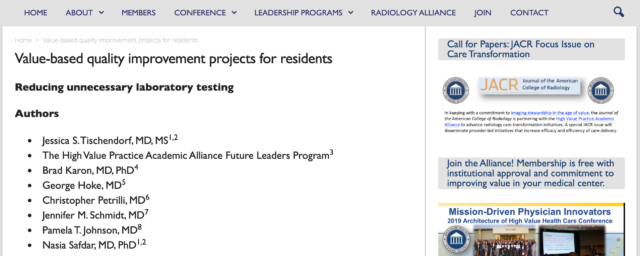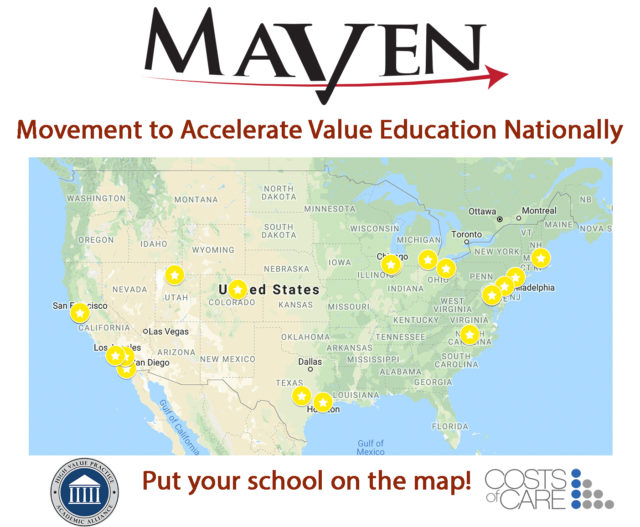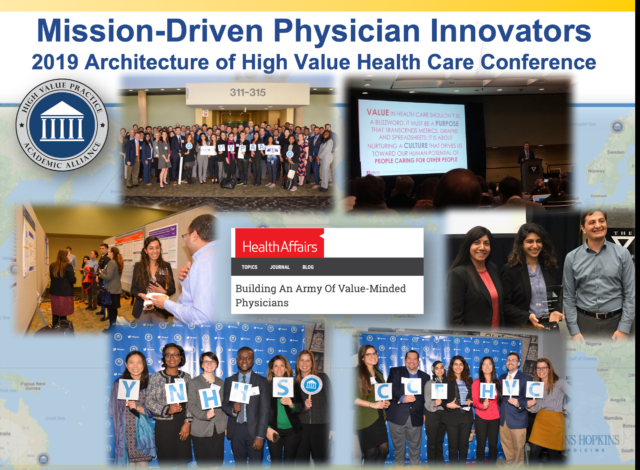From the 2018 HVPAA National Conference
Kshitij Thakur (Crozer-Chester Medical Center), Marijeta Pekez (Crozer-Chester Medical Center)
Background
Internal Medicine Interns (PGY1) are at the forefront of patient care and are responsible for most of the orders in teaching hospitals. We introduced concepts of the “Choosing Wisely” campaign to our existing morning report curriculum to create awareness about health care waste and resource stewardship among interns.
Objectives
After completion of this year long curriculum, IM interns will be able to:
1) Improve their performance on the “”High Value Care”” (HVC) section of in-training exam (ITE) by 10 percent.
2) List “”Choosing Wisely”” recommendations of various Internal Medicine (& sub-specialty societies).
3) Design a project based on “”Choosing Wisely”” recommendation during their second year.
4) Incorporate principle of “”Choosing Wisely”” recommendations to daily practice.
Methods
We distributed a pre-curriculum survey to the new intern class to assess baseline knowledge and attitudes about high value care and the Choosing Wisely Campaign. Our intern class was composed of eight foreign medical graduates. None of them had any formal prior training about resource stewardship or high value care. The majority (6/8) did not feel we need to consider value/cost to make patient care decisions.
We introduced a “”High Value Care”” morning report once every three weeks. It consisted of a 30 minute case presentation, discussion of differential and diagnostic approach. Followed by review of case related “”Choosing Wisely”” recommendations and literature review. The topics for case presentation were decided by the HVC curriculum director and conveyed to the presenting resident and the preceptor in advance. A post Curriculum survey was distributed at the end of the year.
Results
Knowledge Assessment: The average score in the HVC section of the ITE increased by >10%. Residents felt comfortable discussing “”Choosing Wisely”” recommendations during rounds (Post curriculum survey).
Attitude Assessment: 5/8 residents pursued and successfully completed a project based on the “”Choosing Wisely”” Campaign during their mandatory project based learning curriculum in second year. All of the residents reported it was “”very important to consider value/cost to make patient care decisions in the post curriculum survey.
Skill Assessment: We were unable to assess if this curriculum led to actual changes in ordering patterns of the residents.
Conclusion
In an Era of Curriculitis, whereby new curricula are frequently added to a three year residency it is very difficult to find lecture slots to introduce any new educational material. Our curriculum was successful in introducing some basics of resource stewardship without displacing any other educational components of IM residency.
Limitation: There could be a significant maturation bias in knowledge assessment as we compared ITE scores during PGY1 and PGY2 years.
Implications for the Patient
Multiple provider involved in care of every patient making it is very difficult to assess if educating our interns led to a significant change in the patients care.
